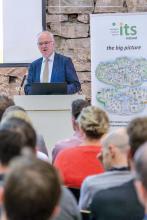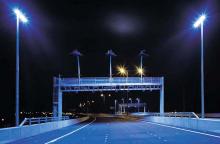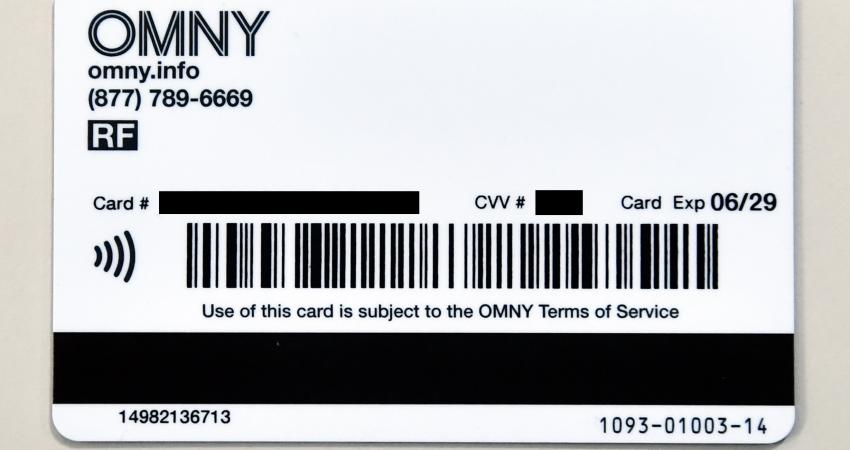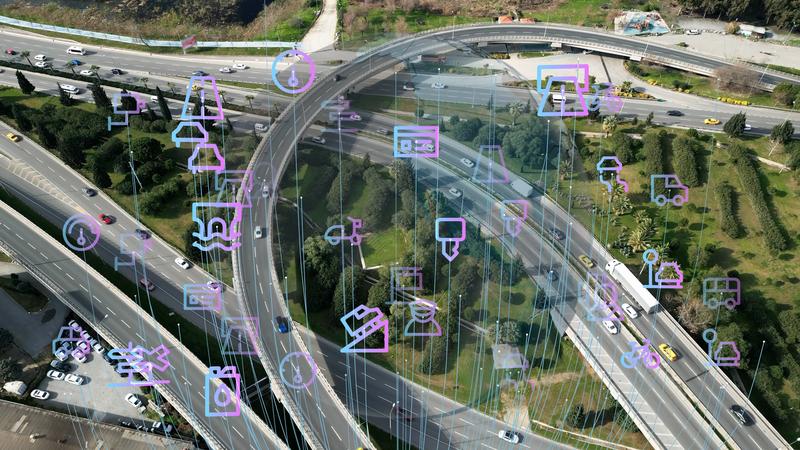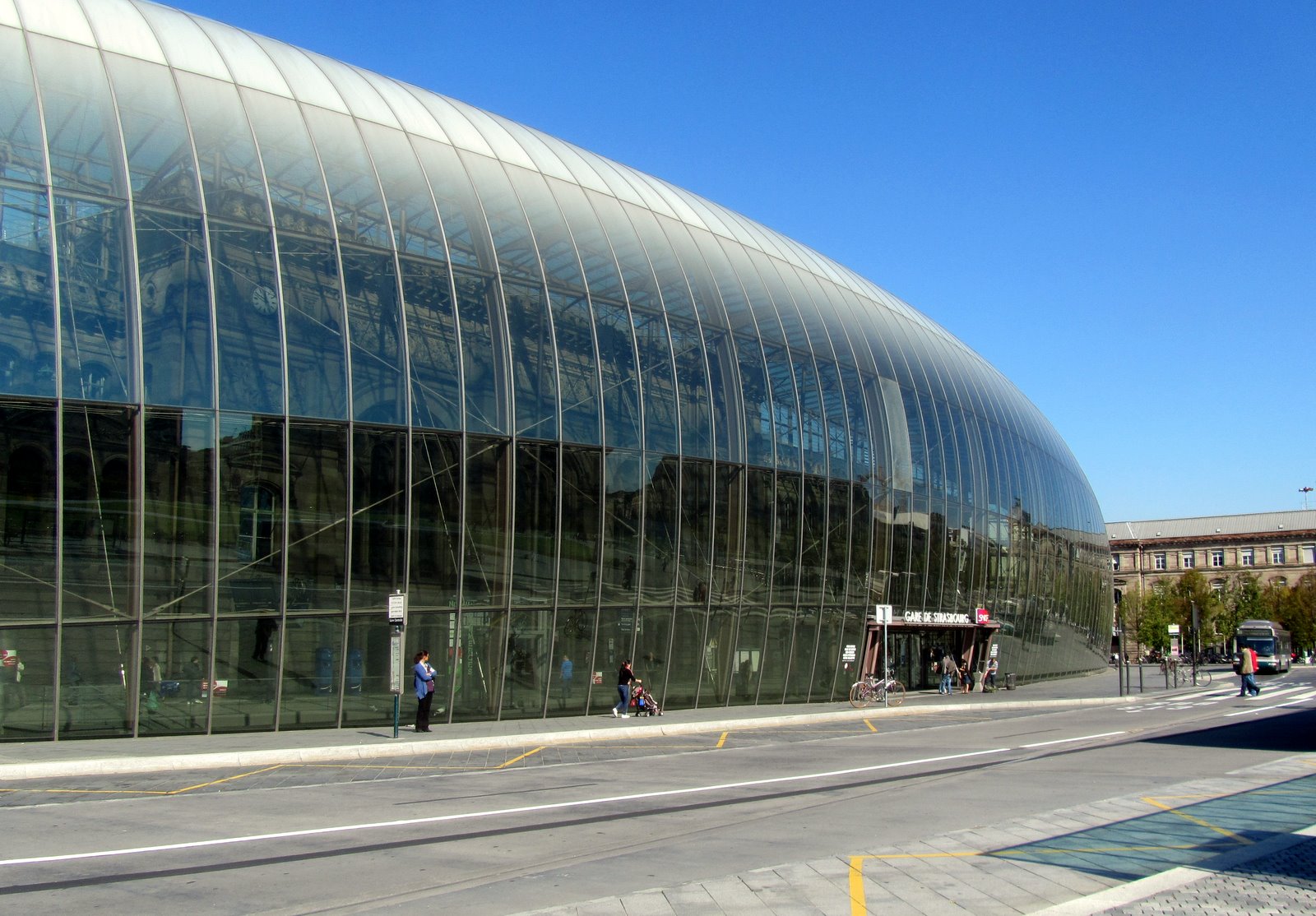
It highlights courses such as Romania's MSc in ITS, but sees these tending towards electrical engineering, which may be too restrictive when extending thinking into other domains. ‘Expertise in areas such as sustainable development and human factors is also important, and unlikely to be found in engineering faculties,’ the report said.
Austria’s effective use of apprenticeships to grow the available workforce and special, hands-on high schools for technical vocations was also highlighted as important.
The report also identified as an essential skill the communication across professional terminologies, jargons and language constructs. It said ‘an engineering graduate and a sociologist working on the same project are likely to face serious problems.’
Advice is that sound recruitment practice should start with a solely task-based job description followed by the requirements for qualifications, skills and experience because the lack of or 'wrong' academic background can be an unnecessary barrier. While agreeing that a degree evidences a certain capacity for critical thinking and problem solving the workshop concluded so does completing practical apprenticeships, successful military service and other forms of experience.
A second workshop report, on accelerating ITS deployment through a more diverse workforce, highlights the need for the sector to understand the diversity of its users - the travelling public. “Demonstrating that the sector welcomes diverse job applicants and candidates for promotion is essential”.
Among national perspectives, the workshop noted that South Africa's ITS sector is not representatively black, female or young.
In Austria, the 'diversity debate' is almost exclusively about gender while in Estonia a workplace imbalance is underpinned by views that women are more suited to 'soft' jobs.
Conversely, in Japan women are becoming increasingly evident at the younger end of the traditionally male dominated engineering sectors and worldwide concepts such as 'smart' and 'liveable' cities are attracting more women into transport.
Supporting these trends are initiatives such as ITS Australia's new 'Award for Best Action for Supporting Diversity in the ITS Workforce', to be presented at the 2016 ITS World Congress in Melbourne.
- %$Linker:
2 External 0 0 0 oLinkExternal ITS Canada ITSCanada false #ITSCAN true false %> - %$Linker:
2 External 0 0 0 ITS Australia ITS Aus false #ITS-oz false false %> - %$Linker:
2 External 0 0 0 ITS France false #ITSFrance true false %> - %$Linker:
2 External 0 0 0 Ertico false #Ertico-Aeolix true false %> - %$Linker:
2 External 0 0 0 ITS New York false #ITS-New-York true false %>
Cities excel in traffic management
Hamilton, in Ontario Province, won an award for the rapid deployment of an advanced traffic management system (ATMS), introduced for the 2015 Pan American Games held in and around the nearby provincial capital, Toronto.
Within five months, Hamilton progressed from having virtually no up-to-date ITS capability in its traffic control to the basis of a modern installation. This was a requirement of the event organisers, to ensure safe and efficient transport for the Games family.
The legacy for the 535,000 population will be a thoroughgoing upgrade of the city’s entire traffic signal network.
A second award has gone to Edmonton, the provincial capital of Alberta, for its new smart travel safety app, developed by iSmartWays Technology, a spin off from the University of Alberta’s Centre for Smart Transportation. The app gives advance audio alerts to drivers approaching hazardous road sections, such as school zones (using a young girl’s voice) or accident black spots (featuring an adult male’s) in hazardous conditions. It is being publicly released for free download in September 2016.
The app runs in the background to comply with the Province of Alberta’s distracted driving legislation.
Down under is on top as Melbourne scores 100
That Melbourne, the 2016
The Economist Intelligence Unit’s Summary of Liveability Ranking and Overview also ranks Melbourne top in all survey categories for the sixth year in succession - ahead of Vienna, Austria and Vancouver, Canada.
The Congress, she added, is featuring law enforcement agencies leveraging off advanced vehicle technology and big data to improve road safety and enhance security.
Intelligent mobility focus in France
ATEC ITS France is running a series of Intelligent Mobility Days in the run up to the June 2017 ITS in Europe Congress in Strasbourg, on the French border with Germany. This is the second time in less than two years that France has hosted a major ITS event - after the 2015 ITS World Congress in Bordeaux.
The programme is focussing on the transport needs, not only of the country’s major urban centres but also of their often neglected fringe areas, in terms of accessibility, clean air, quality of life and economic performance. The association notes that, in these secondary locations, the role of ITS technologies is not always fully appreciated.
To gain maximum benefits, the association wants to see all actors in the intelligent mobility domain regrouping around a new shared vision. This envisages delivering entire regions that are equipped to respond to the two great 21st century challenges of climate change; and the reconfiguration of local economies around the digital revolution.
Key themes include: smoothing out traffic flows to improve air quality; prioritising solutions for last-km deliveries in logistics chains; and using traveller information systems to encourage walking and cycling.
Improving logistics chains
The participants will be able to connect with any available system or platform in the field in order better to manage and synchronise their operations and resources across Europe. The project is tackling problems arising from the current proliferation of logistics-related data stores, mining capabilities, information channels and management approaches that have resulted from the differences in user requirements, specifications and business models.
Win for travel time integrators
ITS New York has given a 2016 Project of the Year award to regional public transportation and safety agency Transcom and India-HQ’d software partner Infosenseglobal for their contribution to improving the quality of road travel across the New York State/New Jersey/Connecticut region. A newly-deployed Data Fusion Engine/SPATEL (Selected Priorities Applied To Evaluated Links) array integrates speed and travel time data collected from eight highway agencies, to give drivers more reliable whole-of-journey projections for available route options.
Sources are agencies’ own probe vehicle and spot-speed technologies, supplemented by GPS data from private sector sources. The results appear on changeable message signs and are updated every two minutes.
The system is also enabling more effective coordination in managing special events and delays resulting from incidents along 3000 regional routes. More data contributors are expected to join in the near future.
Outside the State, the solution has attracted interest from Florida and also India. A further award has gone to the LaGuardia Airport Redevelopment Early Action ITS Deployment, by the Port Authority of New York and New Jersey and Jacobs Civil Consultants.





